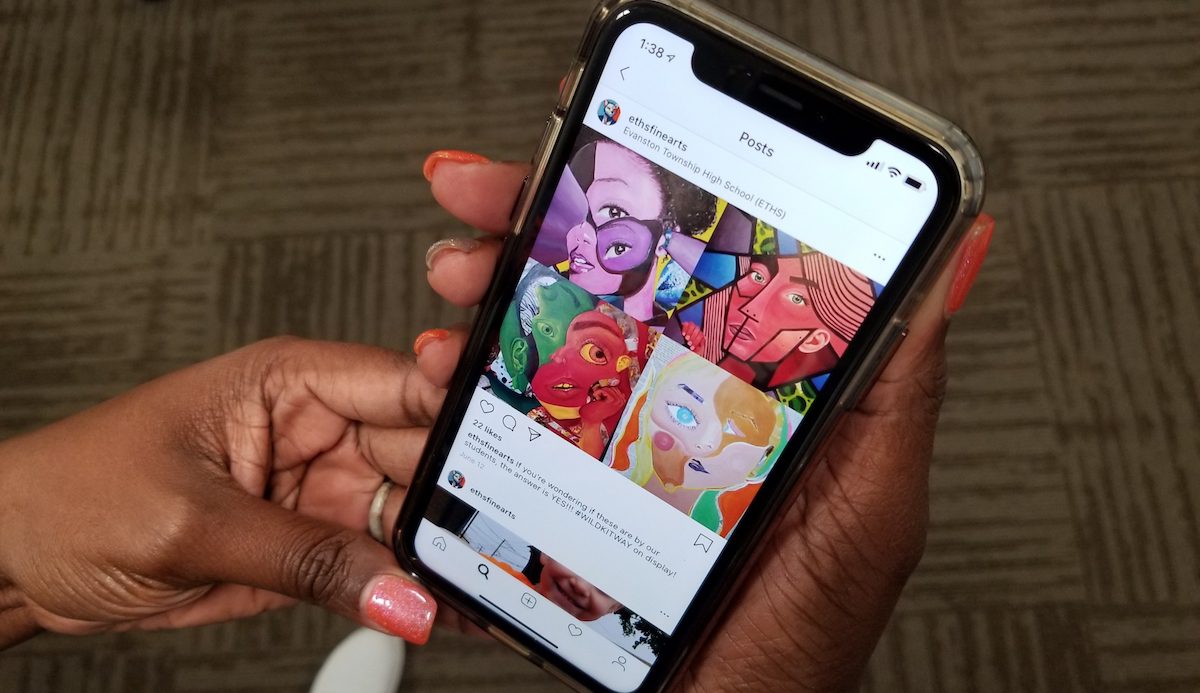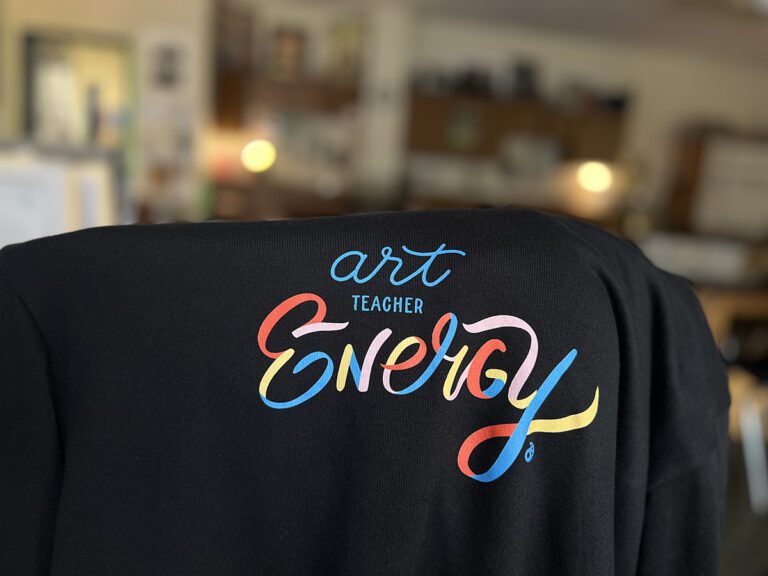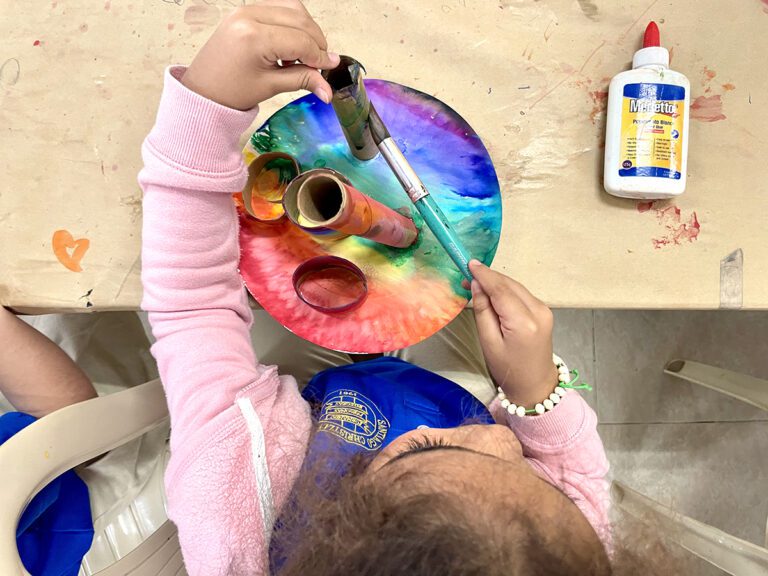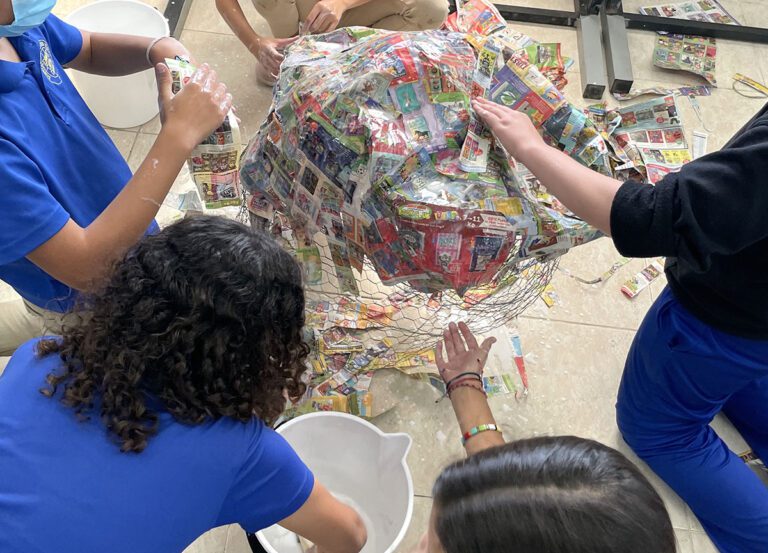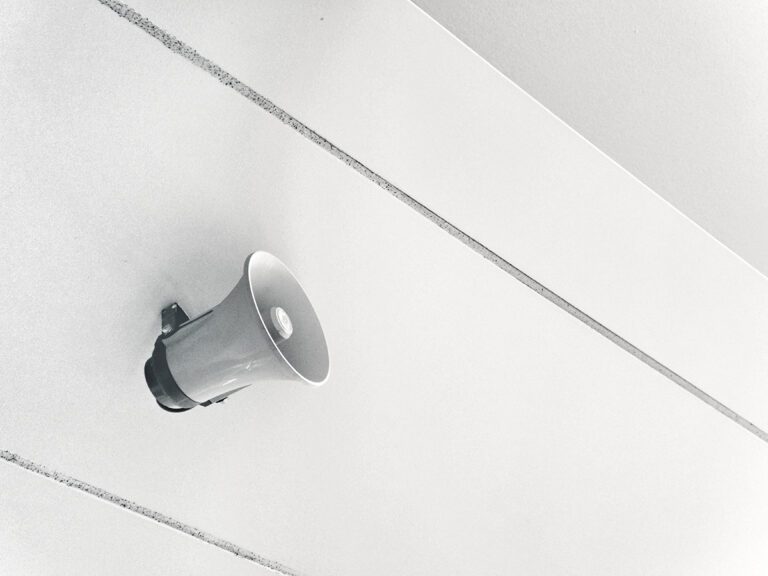Times have changed. Parents used to be partners in a teacher’s work with students. They were a trusted resource to call upon when you needed support with their student. But things are different now, and real or perceived, it feels like parents stand by their student before the teacher. Without any previous interaction, teachers cringe at seeing a parent’s email address in their inbox. Whether you assume it’s an attack on your teaching, unsolicited feedback on your curriculum, or an unreasonable request or accommodation for your student; it’s easy to think, “What do they want now?” But it doesn’t have to be this way.
With a different approach, parents can actually be your ally, advocate, volunteer, and whatever else you need.
*Disclaimer: Remember the term “parents” might not accurately reflect the caregivers of all students. For the purposes of this article, I will use parents as an umbrella term for all guardians. It is, however, important that you know who cares for your students and your communication and documents reflect these roles.
Communicating with Parents
Building a positive relationship with parents is similar to other relationships in your life. It requires communication, thoughtfulness, and time. Unfortunately, many parents don’t hear from a teacher unless there is a problem. Establishing an open line of communication before problems arise can be an effective start to a teacher-parent relationship. If you missed your window at the beginning of the year, start now. Reflect on your strengths and pick the best way to share what’s going on in your art room. This could include weekly emails, newsletters, social media, and websites. These are each great ways to provide updates to a large group of people. If you’re a time-starved teacher, think about bringing students into this process to build content, write newsletters, or take photos.
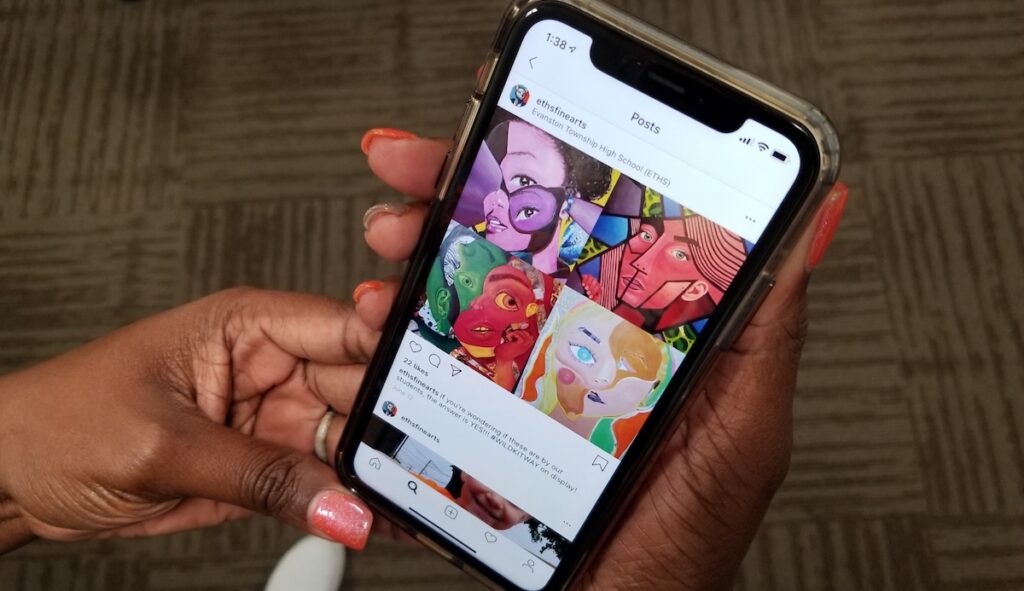
Communicating with parents can also be a window into understanding your students’ lives. Remember, the parents have known the student for longer than you. They have valuable insight into their student’s past schooling experiences. Don’t hesitate to use them as a resource and ask questions about how to better work with the student. This can be a great strategy to use early when problems are arising. You can learn more about the student and inform the parent of an issue before it grows too large.
Engaging Parents in the Arts
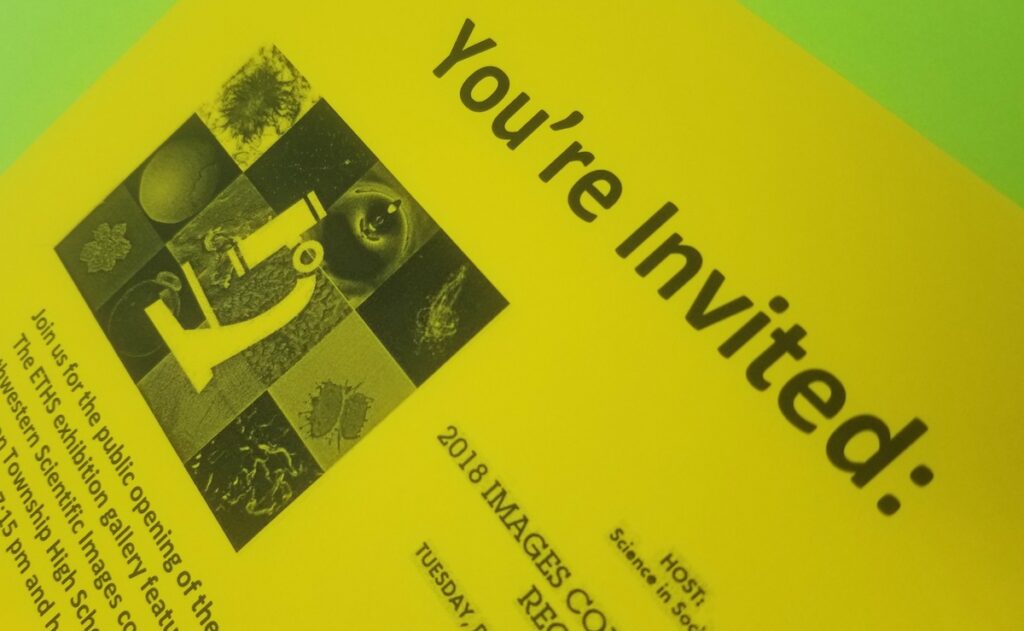
A negative perception of parents might be holding your program back from taking the next step. Parental involvement can provide many benefits to you and the students. Many parents want to play an active role in their student’s schooling and interests but are faced with various barriers like time and resources. Providing a variety of ways parents can engage will maximize the impact and help you see the potential.
Volunteer Opportunities
If you’re like most art teachers, you’re at capacity, and your plate is full. Volunteers can help carry some of the workload so your program can grow. Remember to diversify your volunteer opportunities to capture all interested parents. Not everyone can contribute in the same way.
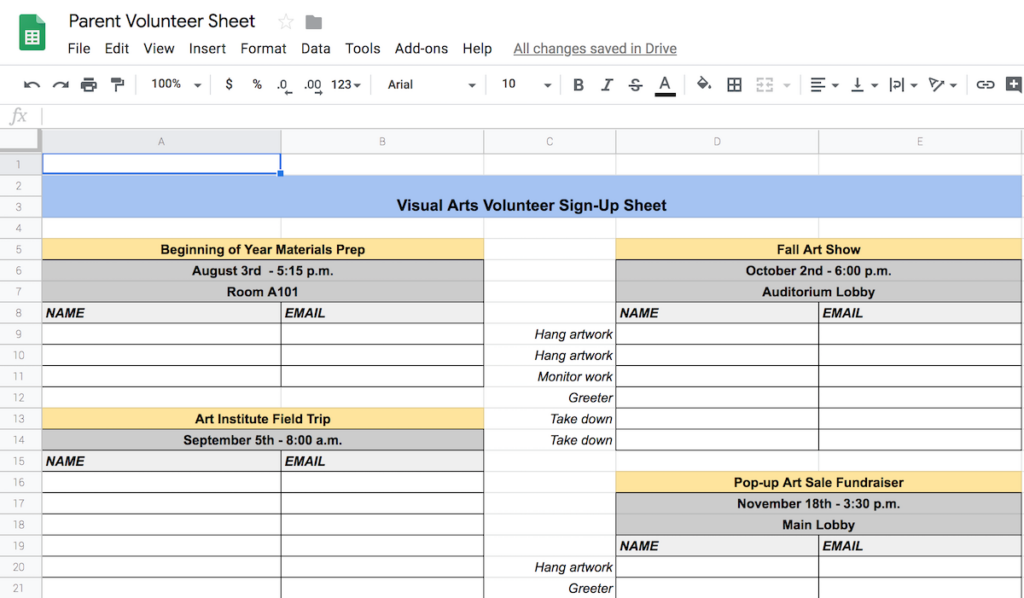
Some ideas may include:
- Art show setup and takedown
- Social media coordinator
- Field trip chaperone
- Materials preparation
Student-Parent Collaboration
Creating opportunities for students and parents to collaborate can provide a unique experience and bring families together through art.
Consider a few of these options:
- Parents serve as subject matter
- Parents help generate ideas
- Make a piece of art together
- Do creativity exercises together
- Visit galleries or museums
- Critique or discuss art
Building Arts Advocates
By partnering with parents and sharing art experiences, you’re secretly building a team of advocates. This army can prove helpful when future decisions are being made about arts programming. Parents are your board members, referendum voters, community members, etc. Building their support could play a role when the arts are being scrutinized or on the chopping block. Here are some things to consider when communicating:
- Communicate skill, not technique.
When sharing updates with parents, be sure to include the skills and artistic behaviors learned in the process. Help them see their student’s experience is more than a product. - Be direct.
Your parent base is an audience that can be educated on the benefits of arts education. In addition to what is happening in your room, share resources and research on the benefits of arts education. - Consider your audience.
Whichever aspect of your classroom or arts education you chose to share should connect with the parent’s values. Reflect on your community and try to identify motivations around their student’s schooling. Then, communicate through that lens to get their attention.
For more ideas about parental communication, check out:
- 15 Ways to Communicate with Parents and Families
- 5 Ways to Build Better Relationships with Parents
- Why You Should Stop Posting and Start Talking
Negative perceptions of parents are often generalizations formed by a handful of negative experiences. But not all parents are challenging, and many can be really helpful. The key is to build positive relationships with these parents and leverage their support and willingness to help. With the right approach and communication, parents can help you work with their student and be a larger cheerleader and aide to take your program to the next level.
How can volunteers save you time and not cost you more?
What are the best ways parents can help you?
Magazine articles and podcasts are opinions of professional education contributors and do not necessarily represent the position of the Art of Education University (AOEU) or its academic offerings. Contributors use terms in the way they are most often talked about in the scope of their educational experiences.
